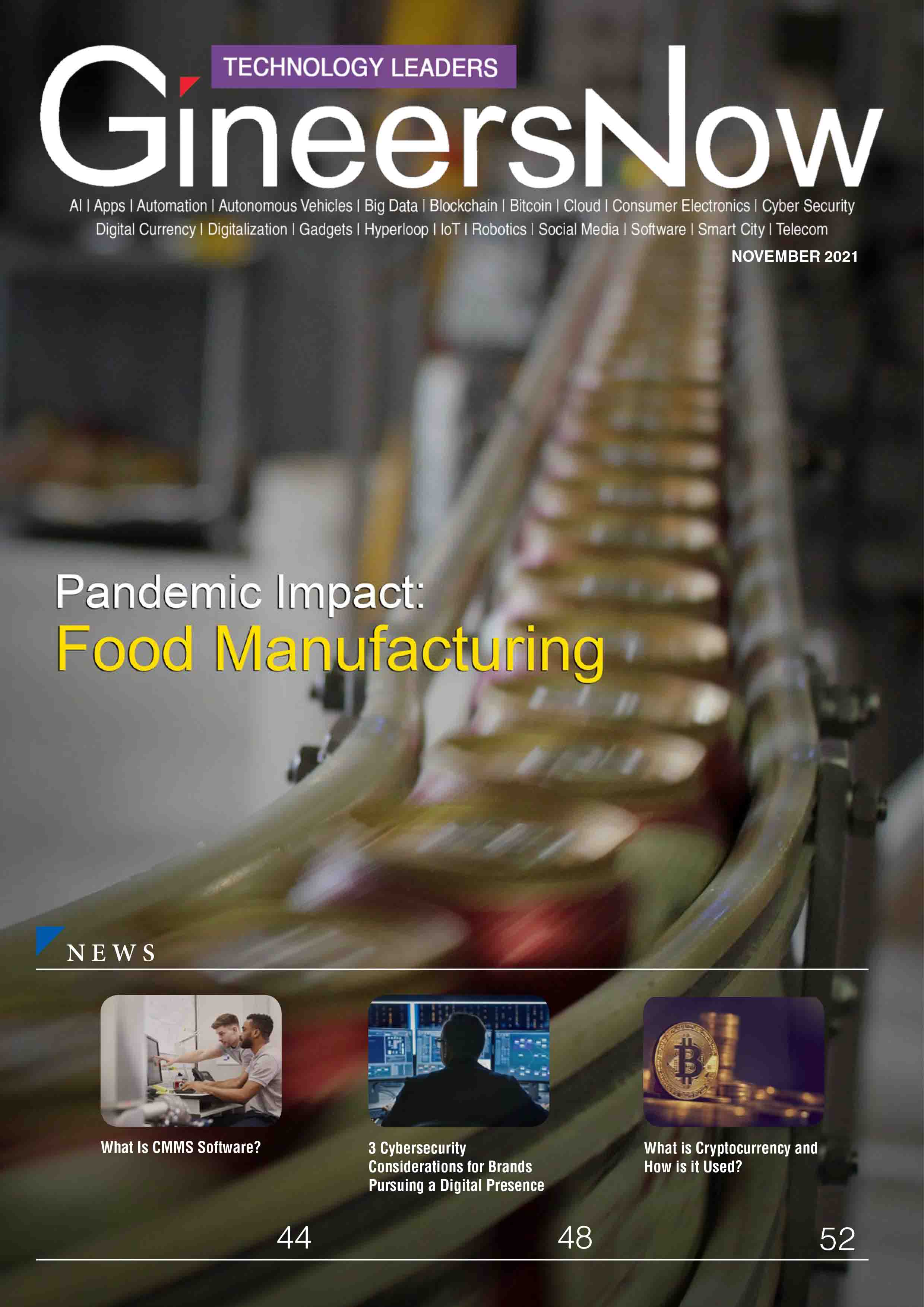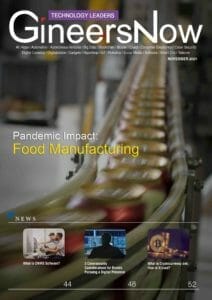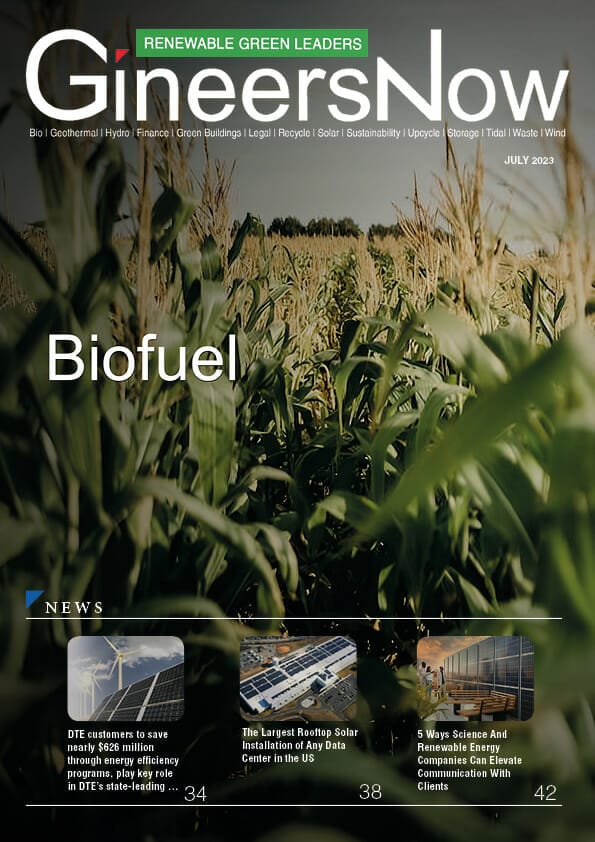Pandemic Impact: Food Manufacturing
The COVID–19 pandemic has had a detrimental effect on a variety of sectors, most notably those involved in food packaging, preparation, and service.
The consumer effect has been extensively discussed. Due to social distance and other measures for staff and customer health and safety, many restaurants that remain open operate at or below breakeven. Several others have ceased operations.
However, it is not only restaurants and bars that have been impacted. For example, the meat-packing sector has been afflicted by a large number of infections, resulting in shutdowns and supply interruptions that ultimately led to shortages and higher costs paid by the public.
Concerns about a pandemic and the need of sustaining our food supply chains have prompted many companies in these sectors to invest more in automation and artificial intelligence technology. Mostly, this is just an acceleration of already established patterns.
Certain manufacturing processes have long been highly automated. Automation of material handling and packing, for example, can now be found in virtually every large and medium-sized manufacturing facility. Additionally, technological advancements have broadened the scope of what robots can do in other activities, enabling the automation of complex operations that formerly needed human operators.
Robotics and automation are becoming more prevalent in collaborative or secondary processing activities, where a particular automated procedure helps increase efficiency, standardized processes, and eliminates waste. These may include procedures such as cutting, counting, or mixing, and are often used to enhance some aspect of your manufacturing process.
As a result of the effect of COVID-19 pandemic, food manufacturing companies are now investigating whether automation can be applied to almost any essential function that was previously performed by human operators. Any essential activity where manufacturers rely only on operators to perform a job is subject to scrutiny, since manufacturers have had to deal with decreased manpower due to absenteeism or social isolation to safeguard employees on-site during the pandemic. While robotic and automated packing line solutions are prevalent, it is operations upstream that provide the greatest potential for cost reductions, improved safety, and greater productivity.
Click below to read the magazine
Click here to download the magazine about food manufacturing
Click here to read on Yumpu

















